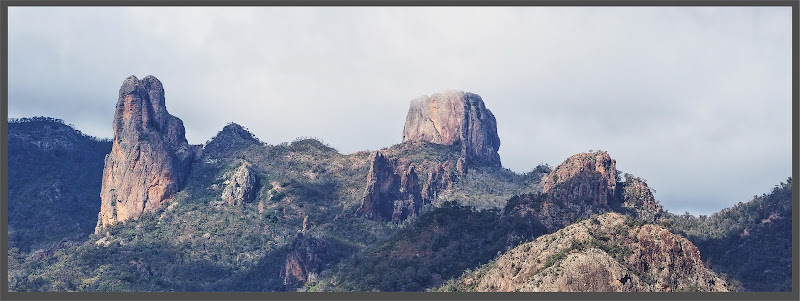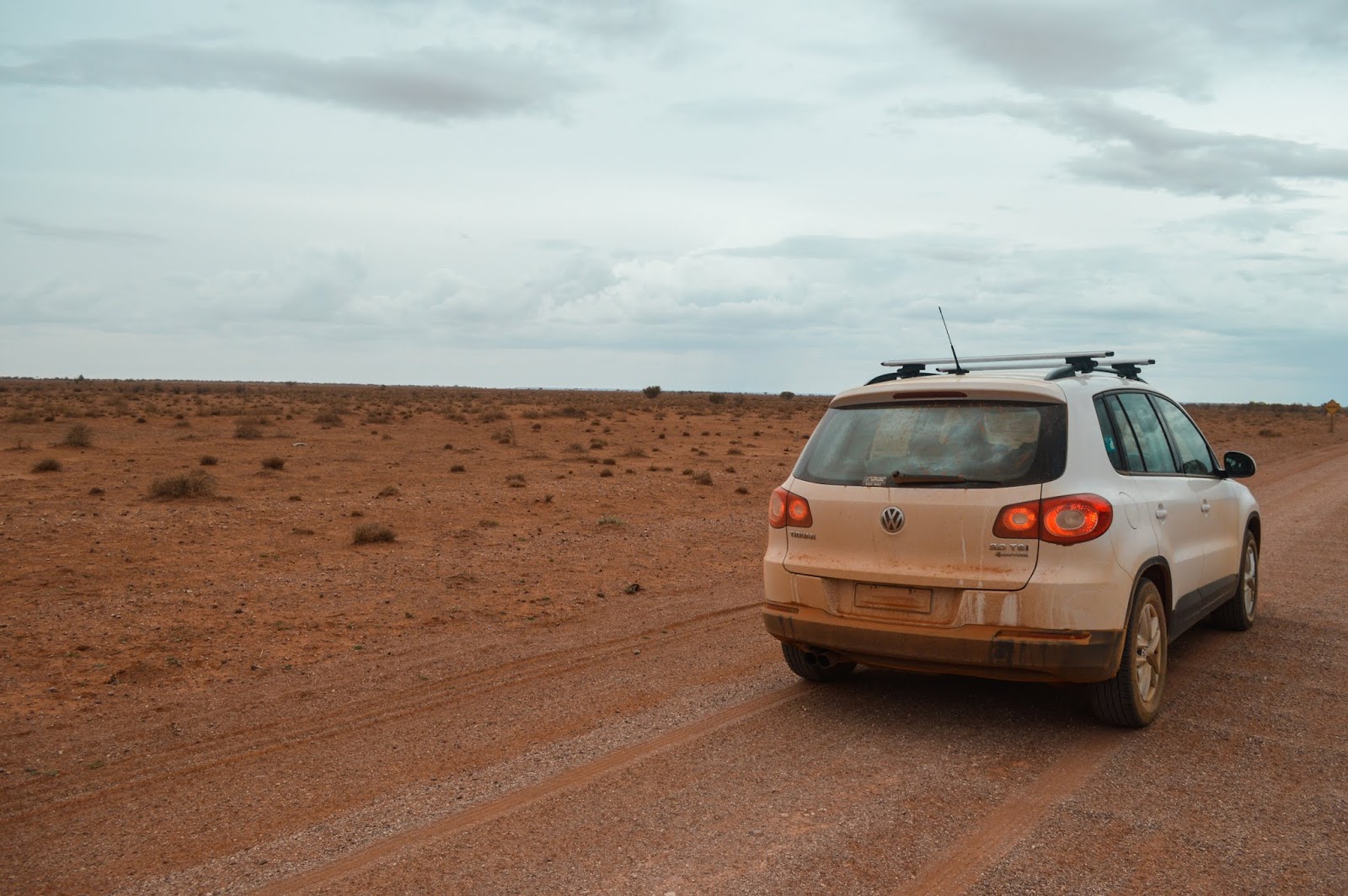Don't Krill My Vibe - Thoughts for a Plastic Free July
Of beauty rich and rare;
Sound familiar? Australia Fair – the land of plenty. The land of rugged outback and wild coastlines. The land of beautiful beaches and deserted shores. But there are hidden crises beneath these turquoise waves.
Australia’s abundance on land gives the illusion that the ocean is also infinitely bountiful. But in our lifetime half of all marine life has disappeared. And it’s our fault. Industrialisation, pollution, destruction of habitat and industrial scale fishing, have all contributed to this critical moment where our marine world hangs in the balance.
A Love Affair with Plastic
As humans, we have an unhealthy relationship with plastic, a plastic addiction if you will. But the very properties that make us rely on plastic so heavily; its resilience and durability; are the same properties which are slowly destroying our ocean. We now produce nearly 300 million tons of plastic every year – 50% of which is only used once before being thrown away. And more than 8 million tons of this plastic ends up in our oceans every year. The statistics are flabbergasting; we are literally swimming in a plastic soup. By 2050 it is predicted that there will be more plastic in the ocean than fish.
I have always been drawn to the sea, but those who don’t live on the coast may not have a lot of exposure or feel a deep connection to the ocean and therefore don’t realise what they’re doing might be affecting it. But in reality, the ocean connects all of us. There are no physical borders and when we throw away what we don’t want there are far-reaching consequences. When you throw away a plastic water bottle, it breaks down into such small segments that pieces from that same bottle can end up on every mile of beach throughout the world. The bottle cap will end up in a bird’s stomach. The plastic will break down further until it is small enough to be ingested by plankton and becomes an almost invisible part of the ocean. Plastic has now infiltrated every creature in the food chain, including us.
The Ocean Breathes Too
But the plastic problem isn’t the only stress on our oceans. The ocean is a key player in regulating the Earth’s climate by producing oxygen and also absorbing huge amounts of CO2 and excess heat. But the sad truth is, the more Carbon Dioxide we produce and the ocean tries to absorb, the quicker it is being destroyed. Climate change is affecting both land and sea, but our oceans are bearing the brunt of the burden.
So why are our world leaders not rallying to make a change when there’s so much at risk?
With many climate change deniers now in power, this world is starting to look like a scary place. A recent survey found that nearly one in five Australians do not believe in climate change – this makes us the worst in the world for climate sceptics. And there is one undeniable link between both climate change and plastic pollution: good old fossil fuels.
Fossil Fuelled
You see the problem is, Australia loves coal. This black stuff provides jobs, regional economic activity and the export value last financial year was $35 billion. But coal is also killing Australia’s other best export: The Great Barrier Reef. More than 2 million people visit the reef every year which contributed $6.4billion to the economy in 2015-16. If the reef was a company, the annual contribution to the economy would make it one of the top 100 most profitable in Australia. Not to mention the 64,000 Australians who would need to find alternative employment if the reef ceased to exist.
Due to climate change, coral bleaching has affected reefs on a global scale, and the Great Barrier Reef is no exception. I won’t bore you too much with the science but in a nutshell, corals have a symbiotic relationship with tiny marine algae and it is these algae that also give coral most of their colour. They live inside the corals’ tissue and provide the energy that corals require to grow and reproduce. When the sea temperature increases it causes the relationship between the coral host and the algae to break down and the coral’s bright white skeleton is revealed. Since the majority of corals cannot feed themselves, they start to starve once bleached and if the conditions persist, the bleached corals will die. Reefs affected by bleaching take many decades to recover.
The main cause of coral bleaching is heat stress resulting from high sea temperatures. Of course, there are other stressors which can cause bleaching, including poor water quality from sediment or pollutant run-off (oh hey port expansions in Cairns, Townsville and Gladstone.) Dredging is also undertaken in coastal Reef waters to allow access to these ports by large coal and gas carriers. This causes fine sediments to be thrown up in the water which suffocates the coral as well as destroying the natural habitat for turtles, dugongs and fish. So it seems we have a choice, coal or coral?
The tide has come for change.
We need to remind the Australian Government it is their job to protect our oceans but also the thousands of jobs and contribution it provides to the Australian economy. Australia has a global responsibility to look after our oceans for future generations.
If you care about our planet as much as I do there are a few things you can do to help. Plastic Free July is coming up and a few small steps can make a big difference.
- BYO reusable coffee cup. Take-away coffee cups can’t be recycled and end up in landfill. Think how much better your coffee will taste knowing you’re not destroying the planet. Plus most coffee shops give a discount if you BYO.
- Ban the (plastic) bag + water bottle. Let’s follow suit with the rest of the world, and stop using plastic bags for shopping - a snazzy tote, cardboard box or recycled bag will do fine and prevent plastic entering the food chain and harming marine life. Using a refillable water bottles will help end the landfill madness.
- Stop eating unsustainable fish. Fish populations of key species are rapidly diminishing so let’s understand where our fish is coming from, how it was fished and avoid eating top predators like Tuna, Swordfish and Shark.
- Vote for leaders who prioritise saving this planet. Check out environmental policies of candidates so you can make an informed choice.


Comments
Post a Comment